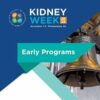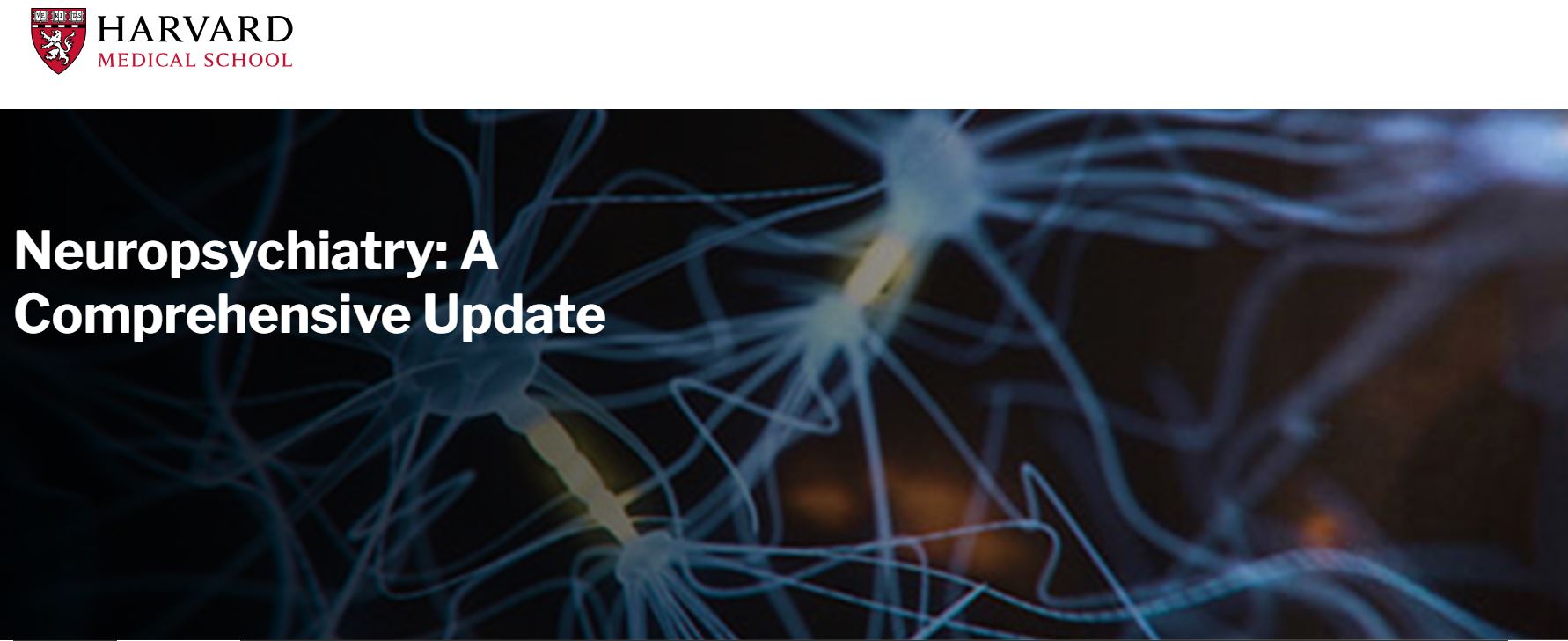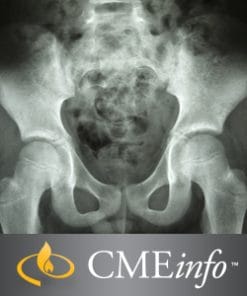Harvard Neuropsychiatry: A Comprehensive Update 2023 (Videos)
140 $
Delivery time: Immediately
Format : 43 MP4 + 37 PDF files
File Size : 17.72 GB
Neuropsychiatry is an exciting and rapidly growing field that promotes an improved understanding of the brain/mind relationship. It seeks to elucidate the brain circuitry involved in primary psychiatric disorders such as mood, anxiety, psychotic and somatic symptom disorders and in neurological disorders that present with cognitive, emotional, or behavioral problems. The ultimate goal of neuropsychiatry is to advance diagnostic and treatment options for patients suffering from these disorders. This course is designed to enhance participants’ knowledge of brain-behavior relationships and their skills for the diagnostic work-up and treatment of patients with neuropsychiatric disorders. Faculty will review cutting-edge clinical research, evidence-based interventions and practical guidelines for the clinician. The course content will include the functional neuroanatomy of emotions, cognition and behavior, the fundamentals of the neuropsychiatric exam and relevant ancillary tests and neuropsychopharmacological and non-pharmacological interventions in neuropsychiatric disorders. We will discuss the neuropsychiatric aspects of traumatic brain injury, epilepsy, neurodegenerative disorders, stroke, multiple sclerosis, functional neurological disorders, sleep disorders, Tourette Syndrome and other neurodevelopmental disorders, addiction, pain and other disorders. Learners will benefit from a variety of educational formats, including lectures, panel discussions, case discussions, question-and-answer sessions and electronic syllabus.
Who Should Attend
Primary Care Physicians
Specialty Physicians
Nurses
Nurse Practitioners
Pharmacists
Physician Assistants
Psychologists
Social Workers
Learning Objectives
Upon completion of this activity, participants will be able to:
Evaluate brain-behavior relationships as they pertain to neuropsychiatric manifestations.
Generate clinically meaningful differential diagnoses when presented with neuropsychiatric symptoms.
Provide an inter-professional team-based approach to the assessment and treatment of neuropsychiatric disorders.
Utilize up-to-date diagnostic criteria and assessment methods to evaluate and monitor patients with neuropsychiatric disorders.
Implement evidence-based treatment recommendations and monitor patient response.
Be the first to review “Harvard Neuropsychiatry: A Comprehensive Update 2023 (Videos)” Cancel reply
You must be logged in to post a review.








Reviews
There are no reviews yet.